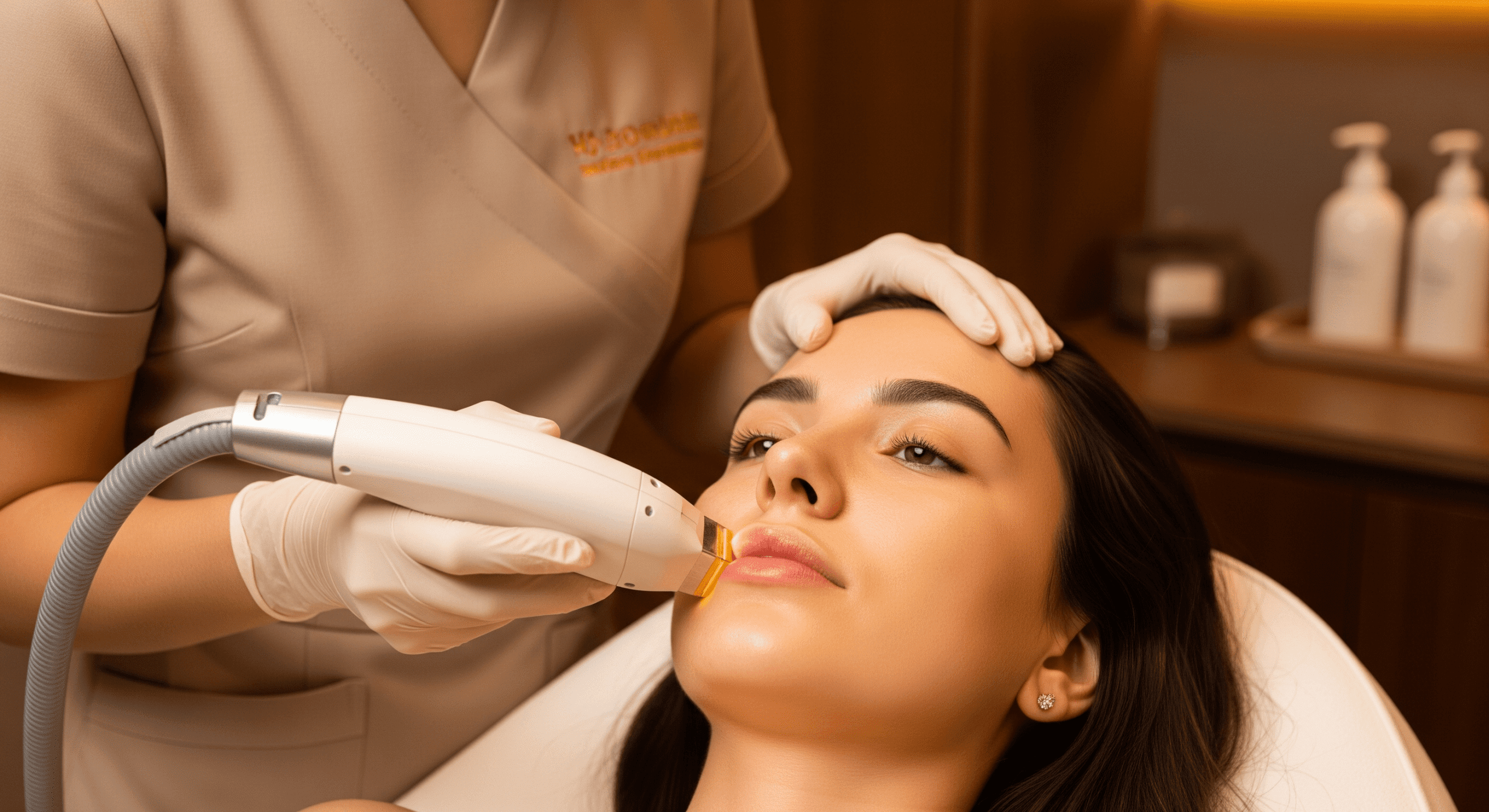Sleep isn’t just a reset for your mind—it’s also when your skin gets to work. During deep rest, your body triggers a series of regenerative processes that are critical for skin health. Poor sleep quality, on the other hand, can accelerate visible signs of aging, disrupt collagen production, and increase skin inflammation.
Understanding the link between sleep and skin isn’t about beauty sleep clichés—it’s about giving your body the biological foundation it needs to repair and renew. Here’s what you need to know and how to respond strategically.
Jump to:
TLDR – Quick Guide
- Deep sleep is essential for collagen synthesis and skin cell turnover.
- Chronic sleep deprivation increases cortisol, which accelerates skin aging.
- Poor sleep leads to dark circles, dullness, dryness, and more pronounced wrinkles.
- Fixes include sleep hygiene, topical antioxidants, and collagen-stimulating treatments.
- Sleep is a non-negotiable element in any effective skincare and anti-aging plan.
Detailed Breakdown
1. Sleep and Skin Regeneration: The Night Shift You Can’t Skip
While you sleep, your skin enters a reparative mode. Blood flow increases, collagen is rebuilt, and damage from UV exposure and pollution is addressed. Growth hormone secretion peaks during deep sleep stages—this hormone is key for tissue repair and skin regeneration.
Poor sleep cuts this process short, leaving the skin dull, uneven, and prone to fine lines.
2. Cortisol, Inflammation, and Accelerated Aging
Insufficient or restless sleep elevates cortisol, the stress hormone. High cortisol levels break down collagen and elastin—proteins that keep skin firm and elastic. Over time, this leads to sagging, wrinkles, and increased sensitivity.
Moreover, cortisol-induced inflammation can worsen conditions like eczema, psoriasis, and adult acne.
3. Sleep Deprivation and Visible Signs of Aging
A 2017 clinical study published in Clinical and Experimental Dermatology found that poor sleepers showed more signs of intrinsic aging, including fine lines, uneven pigmentation, and reduced skin elasticity.
Even after one bad night, you might notice puffiness, dark under-eye circles, and dry patches. Over time, the cumulative effect of poor sleep becomes more visible—and harder to reverse.
4. How to Improve Skin Through Better Sleep
Sleep Hygiene Essentials:
Stick to a consistent bedtime, reduce screen exposure at night, and create a dark, cool sleep environment. Avoid alcohol, heavy meals, and caffeine close to bedtime.
Topical and Internal Support:
Antioxidant-rich night creams, retinol, and hyaluronic acid serums support skin regeneration during sleep. Supplements like magnesium and glycine may improve sleep onset and quality.
Professional Help:
Medical spas like Skin Care Institute offer treatments that complement healthy sleep, such as collagen induction therapy, facials targeting tired skin, and advanced laser rejuvenation procedures.
Key Takeaways
- Sleep quality is directly tied to skin regeneration and aging.
- Collagen production, cellular repair, and hydration are all impacted during sleep.
- Skipping proper rest speeds up wrinkles, dullness, and other visible aging signs.
- Optimizing your sleep routine is one of the most cost-effective, impactful skin strategies.
- Professional treatments can enhance these benefits and reverse existing damage.
FAQs
How does sleep quality affect skin aging?
Sleep is when your skin repairs itself. Poor quality or insufficient sleep disrupts collagen production and cellular turnover, leading to faster aging.
Can one bad night affect my skin?
Yes. Even a single night of poor sleep can cause puffiness, dark circles, and dullness. The cumulative effect of chronic sleep loss leads to deeper, long-term skin issues.
What hormones are affected by sleep that influence skin health?
Growth hormone and melatonin are key for skin repair. Sleep loss also raises cortisol levels, which accelerates collagen breakdown.
Can skincare products help offset sleep-related skin aging?
Yes. Products with retinol, peptides, hyaluronic acid, and antioxidants can support skin regeneration, but they work best when paired with proper sleep habits.
Are there treatments that improve tired-looking skin?
Microneedling, chemical peels, and laser resurfacing stimulate collagen and can reverse visible signs of sleep-deprived skin. Ask about options at your local medical spa.



